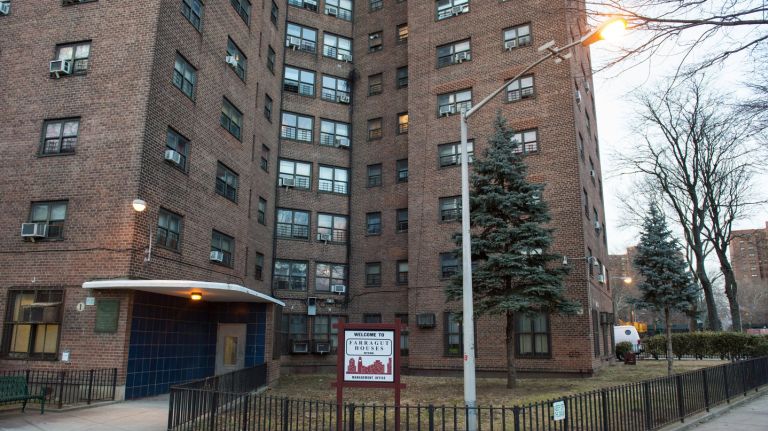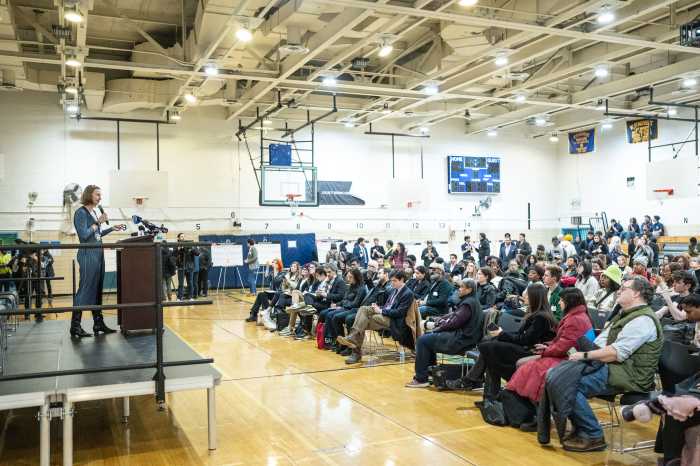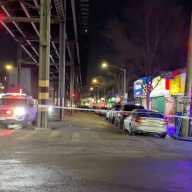
Mayor Bill de Blasio’s latest attempt to quell a boiler system meltdown at New York City Housing Authority buildings is not sitting well with some critics who say the city’s $200 million investment is too little, too late.
The de Blasio administration announced on Wednesday that it would allocate the funds to replace boilers and improve heating systems at 20 NYCHA developments that are facing constant outages. Two weeks ago, the mayor promised an additional $13 million investment to improve the city’s response to heating emergencies.
“Like our investment to replace aging roofs, this commitment to new heating systems cuts right to the heart of the biggest problems NYCHA residents face and will make a difference [that] thousands of them will feel,” de Blasio said in an emailed statement. “The record-setting cold this winter has hit these aging boilers and pipes hard. We’re coming to the table with real resources to attack these problems and urge our federal and state partners to do the same.”
Beginning in 2019, the investment will go toward installing more than 39 new boilers at 10 developments, modernizing hot water systems at 12 developments and installing new heating controls at 15 developments.
The renovations will be complete by 2022 and are expected to save NYCHA roughly $5 million a year in energy costs, according to the mayor’s office, but Bronx Borough President Ruben Diaz Jr. said Wednesday’s announcement is a “cold comfort” to the tenants currently living in those buildings since the timeline for the procurement process was not accelerated.
“Even on the most optimistic schedule, the city will have a different mayor when these new boiler installations are complete,” the borough president added.
Afua Atta-Mensah, executive director of Community Voices Heard, also criticized the announcement, saying more funding is needed “given the gravity of the city’s heating crisis.”
Earlier in January, as New Yorkers faced nearly two weeks of subzero temperatures, city Comptroller Scott Stringer said an analysis of NYCHA’s boiler system conducted by his office revealed a defect rate of 39.5 percent – five times higher than the citywide rate of 7.9 percent.
Citing “widespread reports of heating outages” at more than 30 NYCHA developments across the city earlier this month, Stringer announced he would conduct a new audit of the agency’s boiler systems.
“New Yorkers cannot afford to wait until 2019 to see their heating systems repaired and modernized. We need to cut through the red tape and speed up the repair process this year,” Atta-Mensah added.
Diaz called for NYCHA to issue an emergency declaration to cut through red tape and speed up the boiler replacement.
A state of emergency, however, would only allow for the agency to accelerate the purchase of short-term fixes, like new parts or a mobile boiler, due to NYCHA’s procurement rules, a spokesperson for the mayor’s office said.
“Declaring a state of emergency won’t help NYCHA tenants get a new boiler,” Olivia Lapeyrolerie, a spokeswoman for de Blasio’s office, said. “This mayor is putting real resources to attack these problems, including $13 million to address heating emergencies this winter and $200 million to address long-term boiler issues.”



































